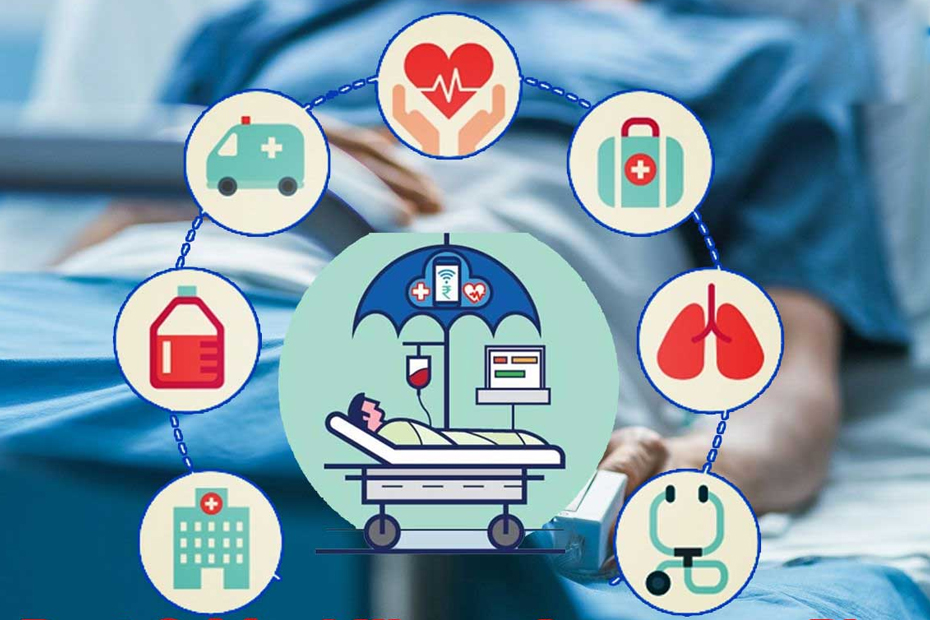Innovative marketing approaches are essential for elevating specialty insurance brands in an increasingly competitive market. The industry has evolved beyond traditional sales techniques, requiring companies to adopt dynamic and creative strategies to differentiate themselves. By leveraging data-driven insights, personalized communication, and digital engagement, specialty insurers can create compelling narratives that resonate with their target audience. A well-executed marketing strategy helps not only in attracting new customers but also in building long-term trust and credibility within the industry. Engaging, informative, and value-driven content positions an insurance brand as a thought leader in the industry. Blogs, articles, whitepapers, and case studies provide customers with insights into complex policies and help them make informed decisions. By addressing common concerns and pain points, specialty insurance providers can establish a stronger connection with their audience, ensuring that their brand remains top of mind when a need arises.

Social media platforms offer a powerful channel to connect with both individual customers and businesses. Creating interactive content, hosting live Q and A sessions, and leveraging video marketing can help specialty insurers humanize their brand. Rather than focusing solely on promotional content, sharing customer success stories and industry trends fosters trust and engagement. A strong social media presence also enables real-time communication, helping insurers address customer inquiries and concerns efficiently while maintaining transparency. Personalization is another crucial element in Specialty Insurance and Program Business Marketing. Customers appreciate tailored solutions that cater to their unique needs, making targeted advertising and customized offers highly effective. By utilizing artificial intelligence and machine learning, insurers can analyze customer behavior and preferences, allowing them to craft marketing campaigns that resonate with specific demographics. Personalized email campaigns, exclusive offers, and predictive analytics ensure that marketing efforts are both efficient and impactful.
Strategic partnerships and collaborations also play a vital role in enhancing brand credibility. Aligning with industry influencers, financial advisors, and technology providers can expand an insurance company’s reach and influence. Joint marketing initiatives, co-branded campaigns, and webinars provide an opportunity to tap into new customer segments while reinforcing the brand’s authority. By leveraging these partnerships, specialty insurance providers can position themselves as trusted and innovative leaders in the field. The integration of emerging technologies further strengthens marketing efforts. Virtual and augmented reality, chatbots, and AI-driven customer service solutions enhance user experience, making insurance more accessible and engaging. Utilizing data analytics and automation ensures that marketing strategies remain agile and adaptive to market trends. A seamless digital experience whether through intuitive websites, mobile apps, or interactive tools adds value to the customer journey, increasing conversions and customer satisfaction.


